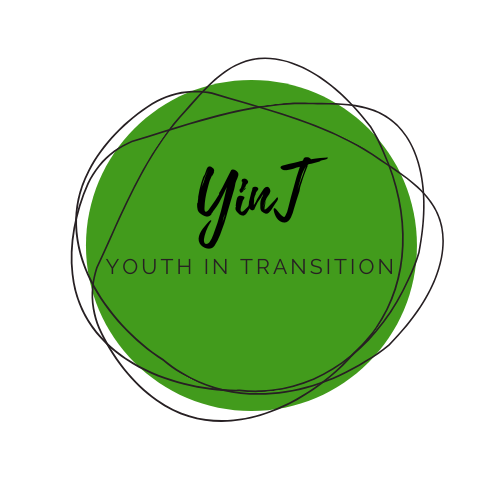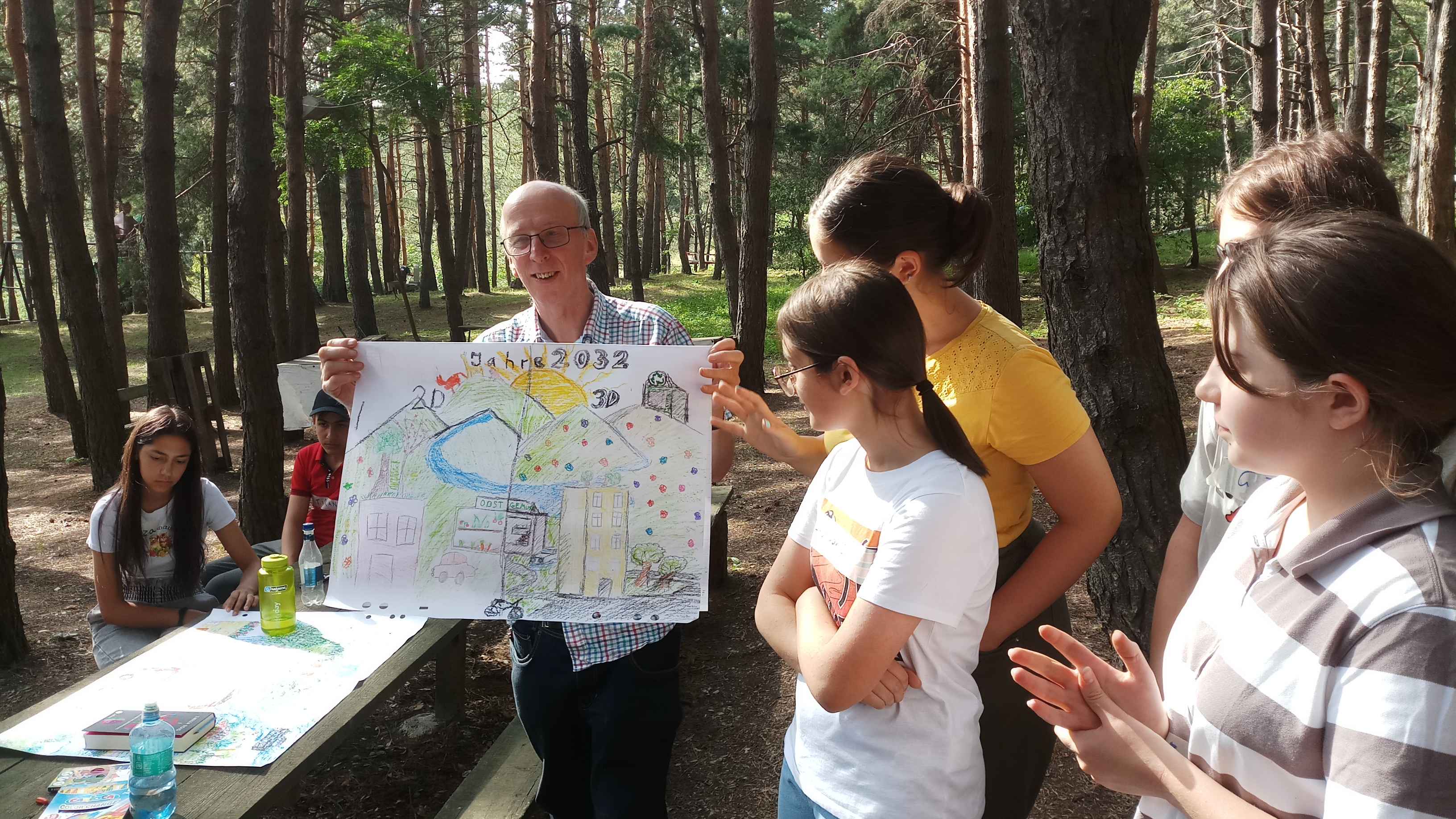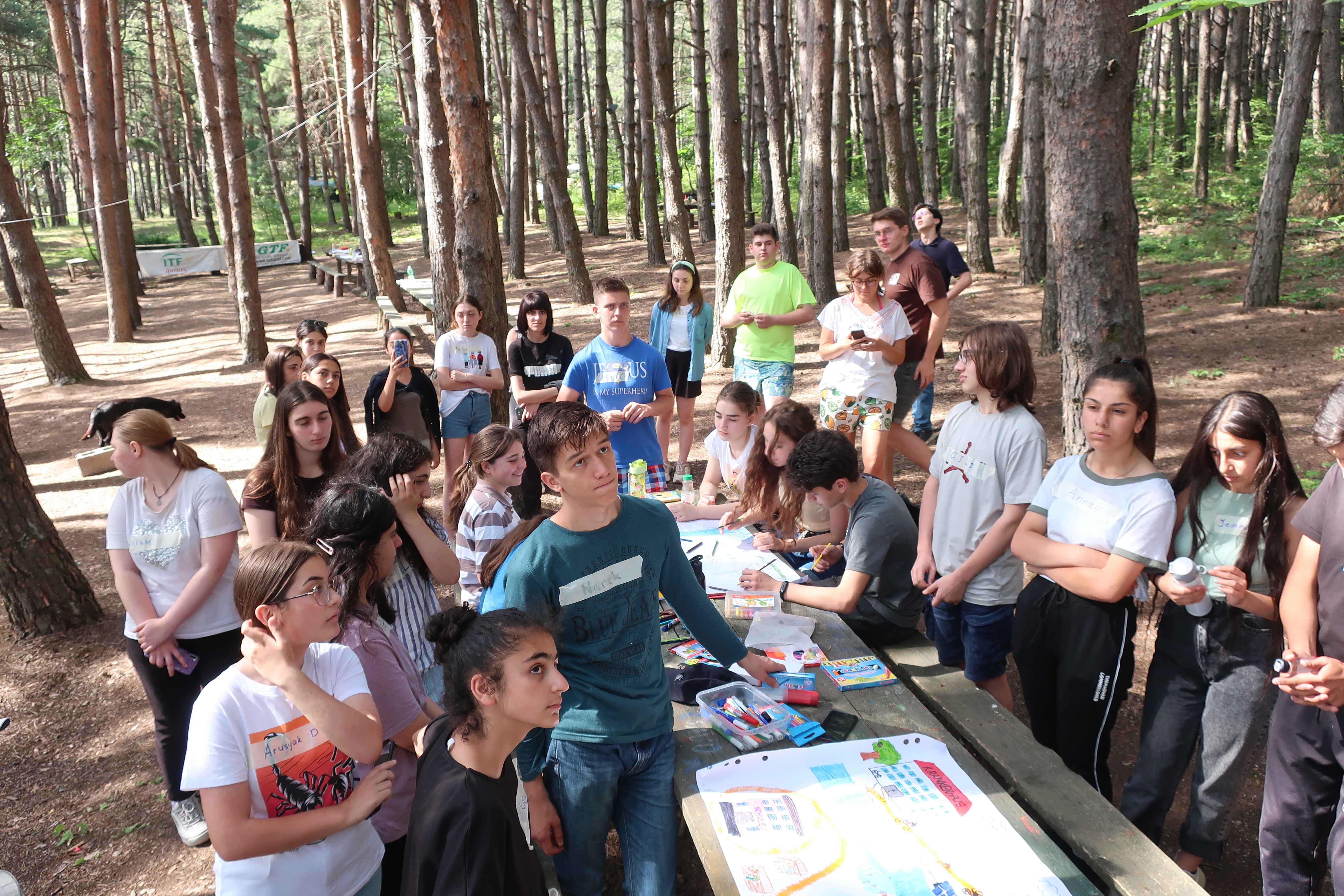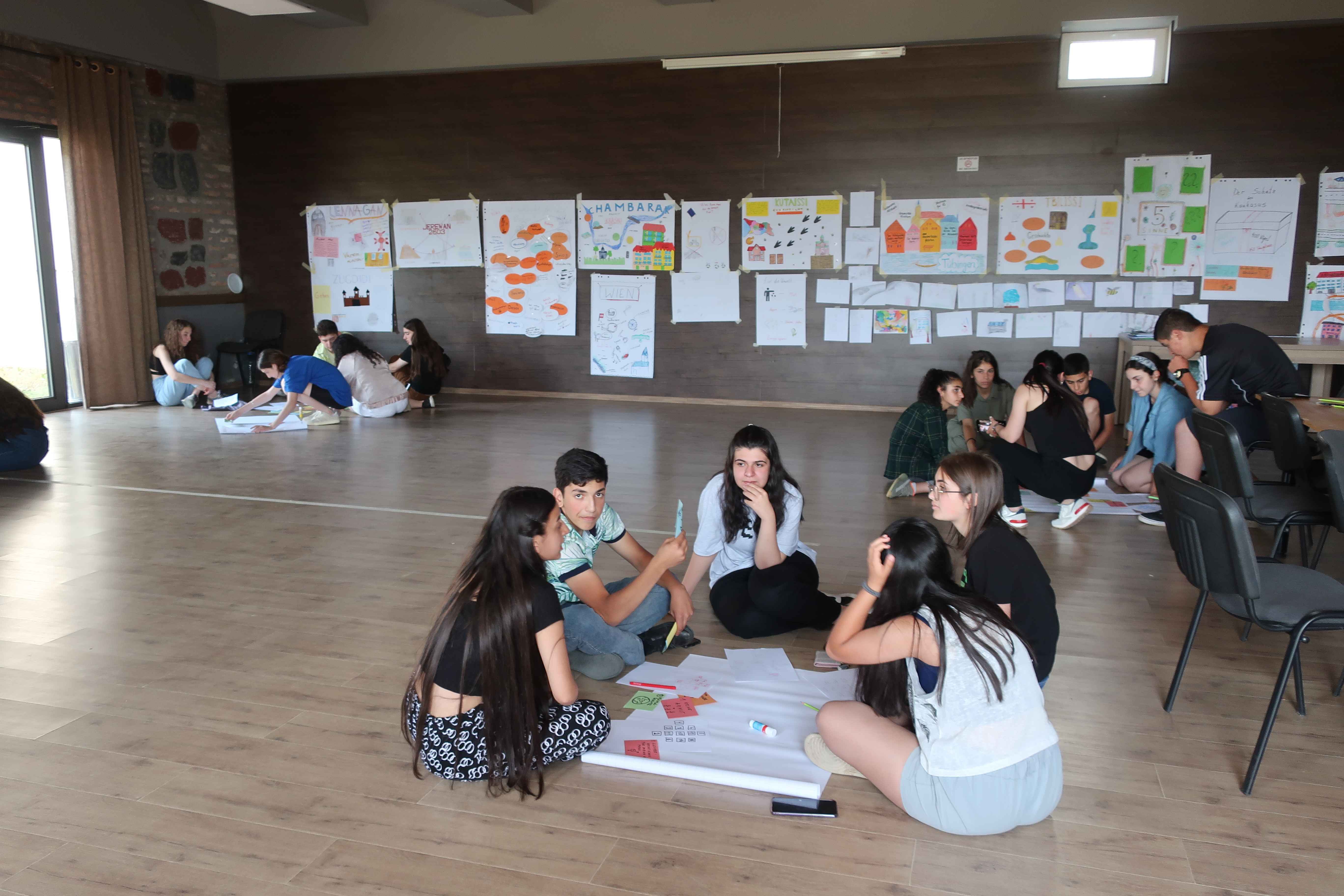HAUP
The University College for Agricultural and Environmental Pedagogy is the educational and research centre for teachers and advisors in the professional fields of agriculture, forestry and environment. It is Austrians leading institution in the field of agricultural and environmental education, using innovative educational and advisory concepts to enable people to take on the challenges of the future and actively shape solutions. Our aim is to promote sustainable agriculture and forestry and responsible use of our natural resources.
As a nationally and internationally oriented centre of excellence, we combine research-led education and consulting with agricultural and natural sciences combined with the striving for practical applicability. All persons working at the University College support a theory-practice transfer.
The concept of Green Pedagogy has been developed at the University College over the last decade. It is our concept for the implementation of education for sustainable development in all our fields of activity, based on modern didactic concepts, especially on constructivist pedagogy.
- Green pedagogy helps to develop models for sustainable lifestyles. Agricultural and environmental education deals with new ideas and concepts of what a diverse and sustainable agriculture can look like in the future, as well as with models for sustainable lifestyles.
- Green pedagogy also means active learning in a social exchange. In the sense of green pedagogy, learning takes place actively, self-directedly and in exchange with others. Topics are dealt with according to their social relevance.
- Green pedagogy avoids pigeonholing. Linear cause-and-effect principles are no longer sufficient in a complex world. Exemplary problems are to be examined for different impact factors.
- But green pedagogy also irritates and lets you discover new things. Irritation engages, generates curiosity. It asks for a solution. The aim is to exclude unreflective and one-sided observations.
We don't just write concepts. We work with young people on summer camps on environmental issues, we train nature guides for protected areas, we run programmes for refugees - and of course we supervise students on their educational path. All this is done on a scientific basis and close to practice.
View Our Work
View Our Work





